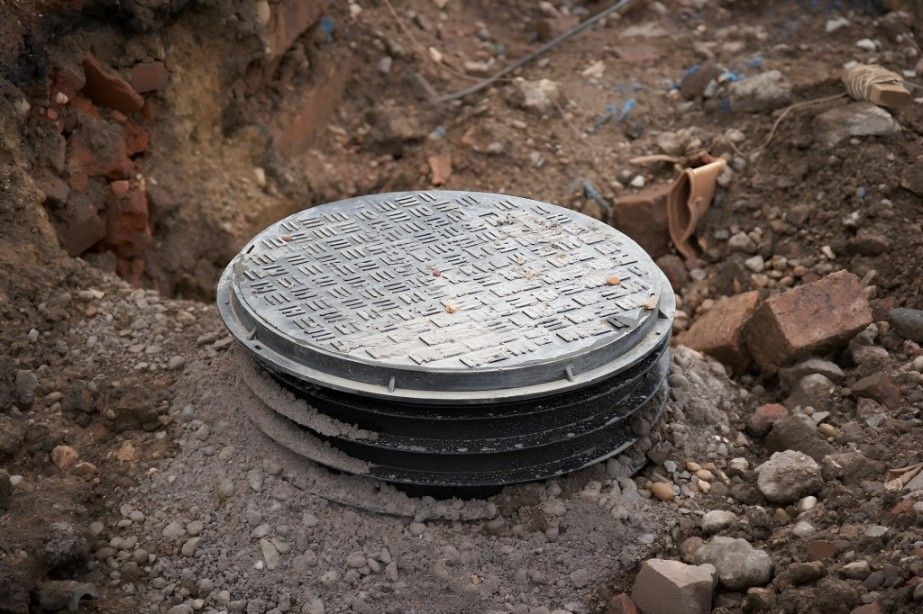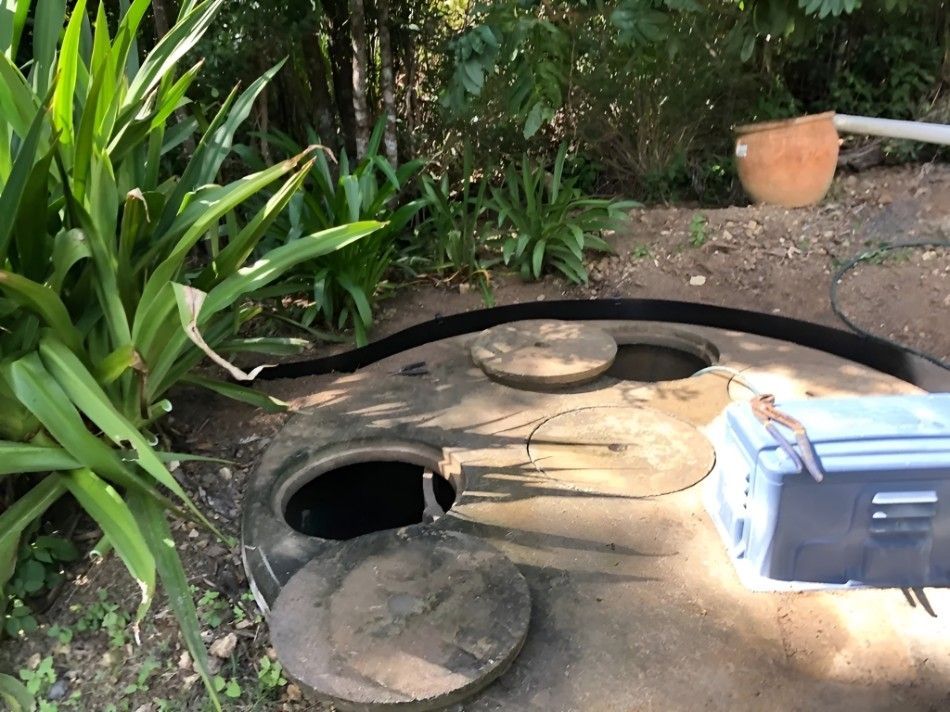Septic Tank Pump Out in the Whitsundays
- All liquid waste removal
- Septic tank pump-outs
- Grease trap cleaning
- Portable toilet hire & service
Request a Callback
Thank you for contacting Proserpine Septic Service.
We will be in touch soon.
Oops, there was an error sending your message.
Please try again later.
Whitsundays Septic Tank Pump Out
If your septic system isn’t properly maintained, it can lead to blocked drains, overflowing tanks, soggy patches in the yard, and unpleasant odours. That’s where Proserpine Septic Service comes in. We provide fast and thorough septic tank pump-outs throughout the Whitsundays, including Proserpine, Airlie Beach, and Cannonvale. Backed by high-capacity trucks, a skilled local team, and years of experience, we’re here to make septic maintenance stress-free.
- Prevent expensive trench damage
- Maintain safe, hygienic systems
- Flexible bookings for homes & businesses
We’ve helped countless homeowners, rural properties, and businesses stay on top of their waste systems. Our EPA-licensed team uses purpose-built vehicles to handle jobs of all sizes, ensuring a clean pump-out that protects your property. Whether it’s a one-off job or part of your ongoing maintenance plan, we treat every service with care and attention to detail.
Call 0407 023 272 today to book your next septic clean.
Mess-Free Pump Outs
Our team is equipped to handle septic systems of all sizes, from small domestic tanks to larger commercial setups. Using 8,000L, 11,000L, and 14,000L vacuum trucks, we obliterate sludge and waste, reducing the risk of overflows and costly trench failures.
At Proserpine Septic Service, we don’t just pump and run; we take the time to check your system’s condition and provide helpful advice to keep it in good shape between services. When your tank is overdue for a cleaning, it can result in slow drains, gurgling pipes, and unpleasant odours. We help you avoid these issues with easy, affordable septic servicing available on a one-off or recurring basis.
Our friendly, locally based team works across residential and rural properties, holiday homes, construction sites, and more, focusing on punctuality, safety, and clean results. Schedule your next septic clean and enjoy the peace of mind that comes with a job well done.






